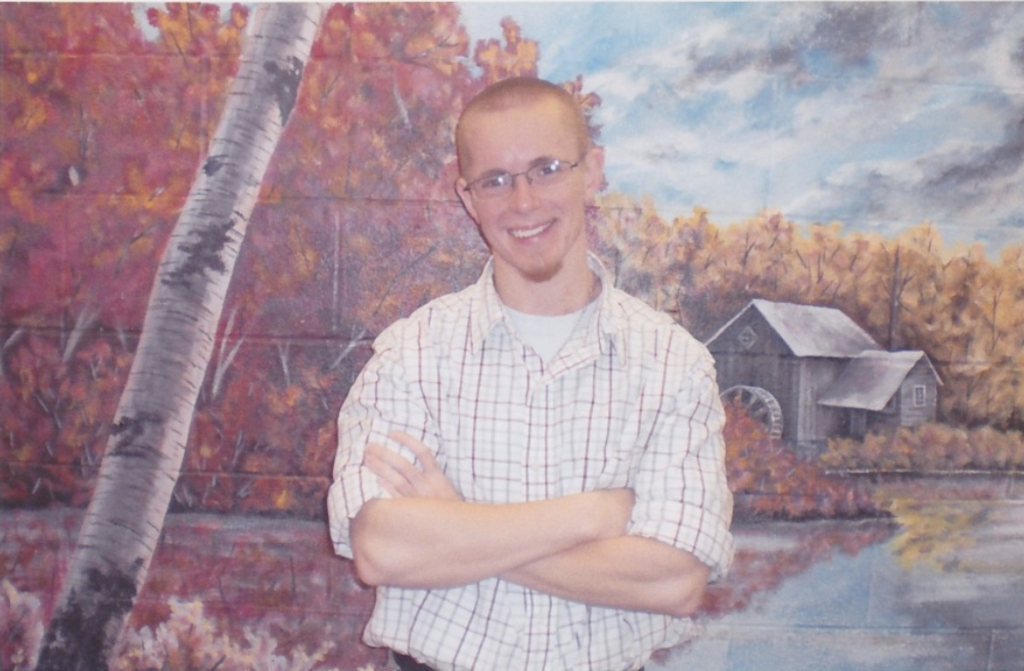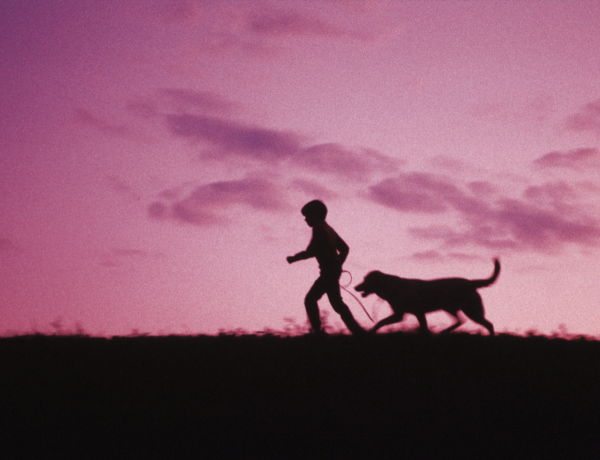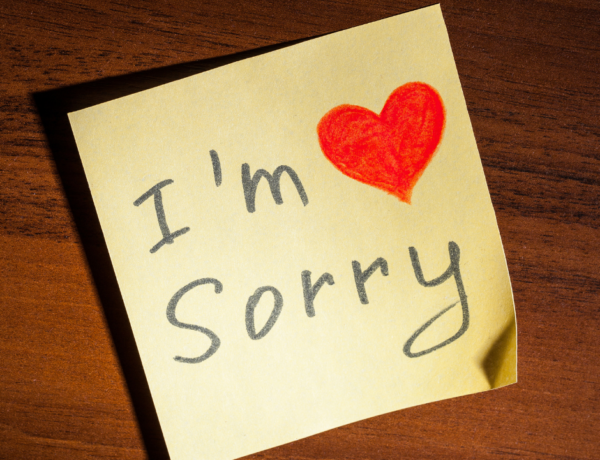I walk down the lengthy set of stairs after leaving the library, where I was using the Lexis law computers. Honestly, I had no set goal when I got on the network – the only computer network I have access to, protected by an impenetrable firewall from anything that could be called “online” – but I decided to search some terms and cases I was vaguely familiar with, hoping this might spark an idea or connect me to a rabbit-hole worth going down deeper. This is how most law work is done in prison. It’s how some convicts waste dozens or hundreds or thousands of hours over the course of their sentence. Occasionally, it’s how an innocent, or over-charged, or over-sentenced inmate frees themselves.
I was really just looking up random stuff, taking a couple of breaks in the process, to peruse the regular library books to see what was available. Hundreds of the books have my prison number stamped in them from the years I used the library and checked them out. It’s as though I have the main knowledge-set of my adulthood documented here at a desk managed by Dusty, the aged prisoner who’s been in for over forty years, who has been the library clerk here for over twenty, and who is more than a bit well-read and more than a bit crazy. There are some gems among the shelves of “hood books”, fantasy fiction and how-to; like uncut diamonds, with their dust-jackets removed. There’s that old saying about judging a book by its cover, but even that form of definition is hard without the book-jacket even being there.
As I’m walking down those stairs, the endless cases on the legal network, with hundreds of thousands of names affecting tens of millions of people, are on my mind. Legal decisions that keep people in, legal decisions that let people out, cases that disperse money, and ones that basically amount to nothing more than unprovable complaints… This network represents a formal system that defines the lives of countless people, often their entire life. For many, it’s the only thing that will ever be recorded of their existence, a recording that becomes, or reflects, a definition of themselves as a human being in regards to and created by others. Every one of them – every one of us in here – has our own internal idea of who we are inside… But to paraphrase a line from Christopher Nolan’s “Batman Begins”: It’s not what’s inside that matters, but what you do that defines you.
One of the main reasons for recidivism, apart from the tendency of all living things to fall back on learned behaviors, is related to the model so many people have of the world and the way they define themselves through it. See the world as a hostile place, and you make decisions that require you to deal with hostility… even when it’s not there. See yourself as a big Someone with a capital “S”, and you make decisions to reinforce that position… even when it doesn’t benefit you, even when it hurts those you love. See illegal activity as the only way for you to get ahead for one reason or another, and you will fall back to it when you resent others for how much more they have than you.
Can you find peace in life? I couldn’t when I was on the outside. After over half of my life inside prison, the things I long for are the things I had available right there… things I merely couldn’t appreciate, or things for which I couldn’t figure out the right way to seize upon opportunity. It took many years – half my life, to be exact – to find some of that peace in life despite not having the things I have longed for, which tells me that what brings peace resides not in things but inside.
(And that’s enough metaphysical stuff for now… It’s nothing that hasn’t been said for thousands of years. Still very true though: It’s something you have to feel, not hear.)
We are biased people, especially when it comes to ourselves. I see myself in the way that I want to perceive myself. And it’s easy to mentally change the mold to fit that perception, to airbrush away faults, to smooth out rough edges, or to rewrite history. It is easy to define myself to myself.
But actions flow from the way we model the universe and interact with it. And they’re less biased. They tell a truth. A truth about who we are at a given time.
And so hundreds of thousands of these truths (when they get the details right… our legal system has some questionable moments) are available on the law computer that was in front of me a few minutes ago. Truths that define a moment, moments that can define a life. Our legal system uses some of these moments to define principles that affect every citizen of the country. A lot of prisoners appeal based on these principles… Proof that the mistakes of others can be turned into something good, on occasion.
There’s a lot of pieces that go into who I am, who any of these people are. Our justice system makes it difficult to choose a definition other than “criminal”. Difficult, but not impossible. It took me years to realize that when we want to do better, for ourselves and others, and stop worrying so much about who we are or what we have, we can start to have some amount of peace. With that peace, I can change what I do.
I may never be redefined in anyone else’s mind, or maybe I will. I’m a writer, a chef, a guitar player, a degree holder, an artist… and it’s exhausting being forever just a prisoner. My own actions led to this when I was still otherwise a child, a fifteen-year-old who wanted to be something he was not, who started down a path he didn’t comprehend the consequences of. I accept the consequences, but that is the part I struggle with most, nearly twenty years later.
I finish walking down the stairs, away from the small prison library I’ve been going to for over half my life. I have under my arm a few books on gardening I’ve checked out, part of my journey to find a definition of my life that I can be proud of, one I didn’t find before prison, one I’ve been searching for since.






No Comments